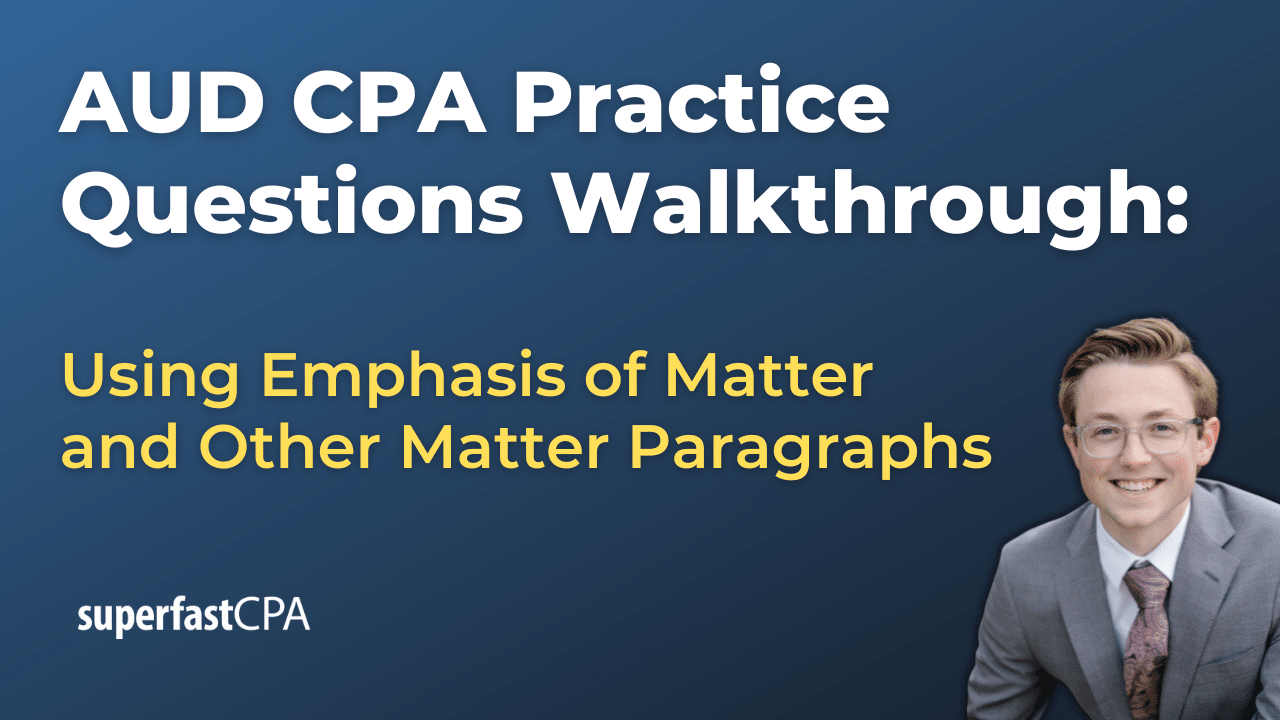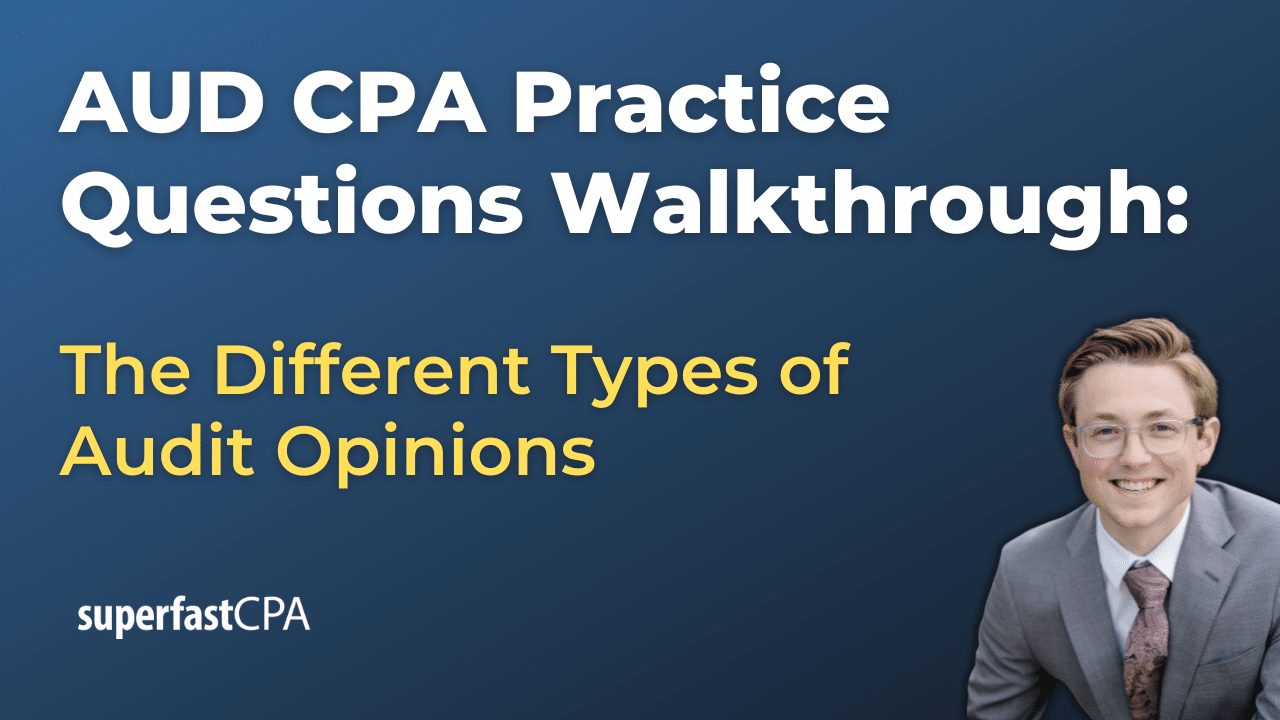Fidelity Bond
A fidelity bond, also known as a commercial crime insurance or an employee dishonesty insurance, is a form of insurance protection that covers policyholders for losses that they incur as a result of fraudulent acts by specified individuals. It usually insures a business for losses caused by the dishonest acts of its employees.
While it’s called a “bond,” it’s not exactly the same as the bonds issued by government entities or corporations. Instead, it’s a kind of insurance policy.
In its simplest form, fidelity bonds come in two types:
- First-Party Fidelity Bonds: These protect businesses against intentionally wrongful acts (like theft, embezzlement, forgery, etc.) committed by employees of the business.
- Third-Party Fidelity Bonds: These protect businesses against intentionally wrongful acts committed by people working for them on a contract basis (like consultants or independent contractors).
It’s important to note that fidelity bonds do not provide coverage against accidental mistakes or errors. Instead, they only provide coverage for intentional wrongful acts. Fidelity bonds are often used by businesses that handle cash or other valuable assets, and they are also often used by businesses in the financial industry, where employees have direct access to clients’ financial assets.
Example of a Fidelity Bond
Let’s say you own a small financial advisory business. You have a few employees who handle client funds, investments, and sensitive financial data. One of these employees, unfortunately, decides to act dishonestly. They embezzle a significant amount of money from several clients’ accounts over a period of several months, diverting the funds to a personal account.
Once you discover this, there are severe financial consequences. The clients who were affected expect to be reimbursed, but the sum is substantial and could harm your business significantly.
However, since you have a first-party fidelity bond in place, you are able to file a claim with your insurance provider. After their investigation corroborates your claim, they compensate you for the financial loss caused by your employee’s dishonest actions. Therefore, you’re able to reimburse your clients without taking a crippling financial hit to your business.
In this way, the fidelity bond provided financial protection to your business from the dishonest acts of an employee.














